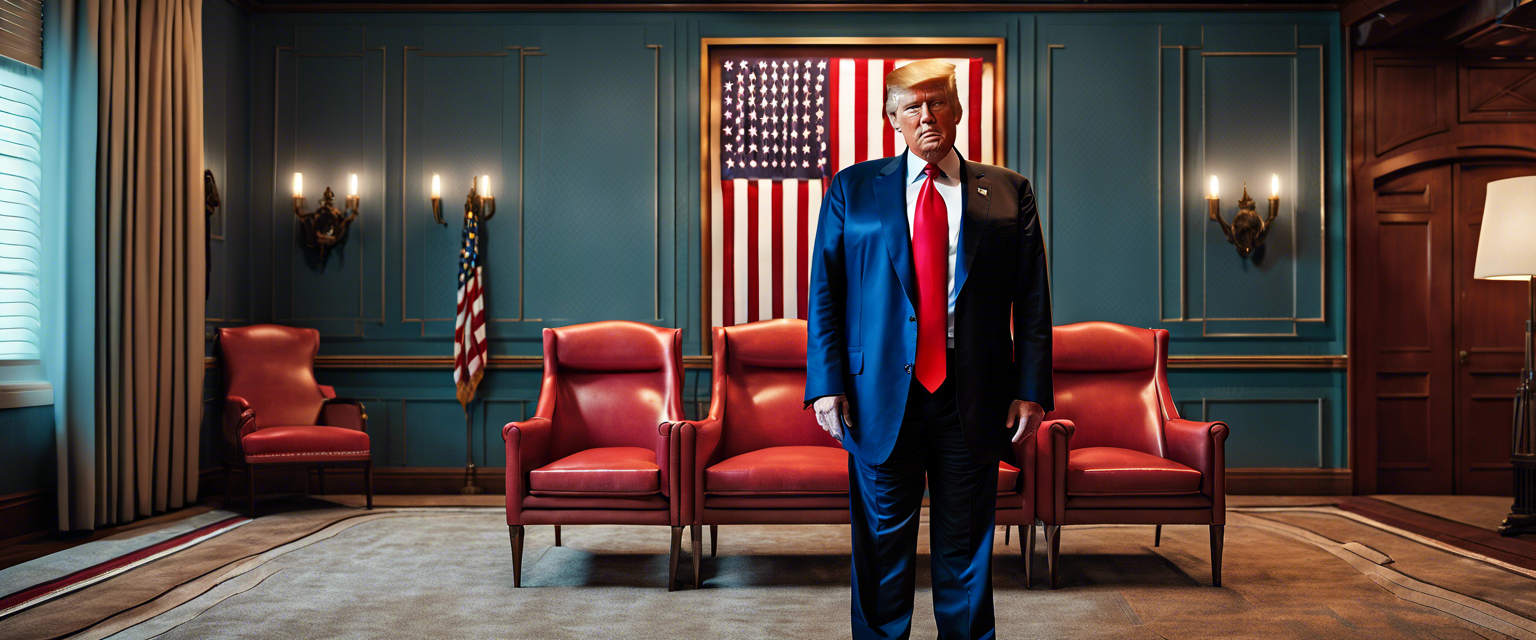What Happens When a Business Steals Your Voice with AI?
In an era where technology is rapidly advancing, the use of Artificial Intelligence (AI) in marketing and advertising has opened up a new realm of possibilities. One recent incident has highlighted an unsettling trend: the unauthorized use of a public figure's voice to promote products. This practice raises ethical questions and concerns about copyright infringement, especially when it comes to content creators and influencers.
The Case of AI Voice Imitation
Recently, a gadget maker came under scrutiny for utilizing an AI-generated imitation of influential tech reviewer Marques Brownlee's voice to promote its products on Instagram. While the imitation may not have been 100% perfect, it was passable enough to mislead followers into thinking Brownlee had endorsed the product. The move not only raises eyebrows about the authenticity of influencer marketing but also about the integrity of brands that resort to such tactics.
The Implications for Influencers and Content Creators
For influencers and content creators, this trend poses significant risks. With advancements in AI voice synthesis, unauthorized mimicry can undermine their brand and monetization efforts. Here are several key implications:
- Loss of Trust: Followers rely on the authenticity of their favorite influencers. If they discover that a voice they trusted was artificially generated, it may lead to a decline in trust not only for the affected influencer but potentially for the entire industry.
- Intellectual Property Concerns: Content creators are entitled to their unique voices and styles. Using AI to replicate that without consent raises substantial questions about copyright and moral rights.
- Legal Repercussions: Brands that engage in misleading advertising could open themselves up to legal battles. Misrepresentation can lead to lawsuits, particularly if consumers feel deceived.
What Can Be Done?
As the landscape of digital marketing evolves, it's essential for creators, brands, and regulatory bodies to adapt as well. Here are some strategies to mitigate risks:
- Awareness and Education: Influencers need to be educated about their rights regarding voice and likeness, encouraging them to take action if they feel their likeness is misused.
- Legal Protections: Stricter copyright laws and regulations are necessary to protect creators from unauthorized use of their voices and content.
- Transparency in Influencer Marketing: Brands should maintain transparency in their marketing strategies. If they wish to utilize AI-generated content, they should disclose this to consumers.
AI's Role in Influencer Marketing
While AI can be a powerful tool in marketing, enhancing targeting and personalizing ads, its potential abuse raises ethical dilemmas. Brands must consider the long-term implications of their marketing strategies, as deception can lead to backlash and damage their reputation.
Your Experiences with AI Imitations
Have you encountered similar instances where AI technology has been misused in influencer marketing? Whether you are a content creator or a consumer, your insights can provide valuable perspectives on this growing issue.
Conclusion
The unauthorized use of AI to mimic someone's voice for marketing purposes presents new challenges for both influencers and brands. As technology progresses, it’s critical to establish guidelines that embrace innovation while safeguarding the rights and authenticity of content creators. By raising awareness and implementing protective measures, the industry can ensure fair practices in the age of AI.



댓글 남기기
모든 댓글은 게시 전 검토됩니다.
이 사이트는 hCaptcha에 의해 보호되며, hCaptcha의 개인 정보 보호 정책 과 서비스 약관 이 적용됩니다.